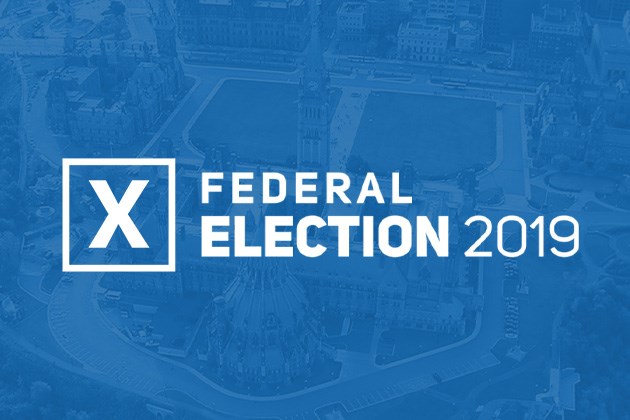THUNDER BAY — About 26 per cent of the eligible voting age population in Thunder Bay is 18 to 34 years old.
That's the demographic that a youth-led movement called Future Majority is trying to convince to participate in the Oct. 21 federal election.
The group has organizers on the ground in Thunder Bay and numerous other college towns across the country.
Spokesperson Erin McLean-Purdon says millennials and Generation Z members, for the first time, now make up the largest voting bloc in Canada.
"Millennials and Gen Zs have a lot of power...now is the moment where we can show all the political parties 'You need to listen to young people, listen to their concerns and take action on the issues that matter to them,'" McLean-Purdon said Tuesday in an interview with Tbnewswatch.
Future Majority was founded just last year.
It promotes itself as a nonpartisan, non-profit group, but Future Majority acknowledges that it is supported by funding from the David Suzuki Foundation and Environmental Defence Canada.
For its target voting group, McLean-Purdon said, the key issues are climate change, the rising cost of living and student debt.
"In talking to thousands of students across the country myself, and tens of thousands of students our organizers are talking to, climate change and the rising cost of living are the big issues," he said.
Campaign organizers are currently assigned to 14 campuses across the country, including Lakehead University.
According to McLean-Purdon, the local organizer has already received commitments from 1,300 local students to vote in the coming election.
"That's close to 19 per cent of Lakehead's student population that has pledged to vote...The next step is getting those students to the polls," he said.
McLean-Purdon noted that there are 120 on-campus voting stations across the country for this election, more than three times the number in the previous federal election.
"This means the barriers to voting have been significantly reduced,"he said.
Students can vote between Oct. 5 to Oct. 9, or on election day, and have the choice of voting on campus in the community they are studying in or in their home riding.
Elections Canada data from the 2015 election shows that 57 per cent of younger voters (18 to 34) cast a ballot, an increase of approximately 15 percentage points from the 2011 election.
